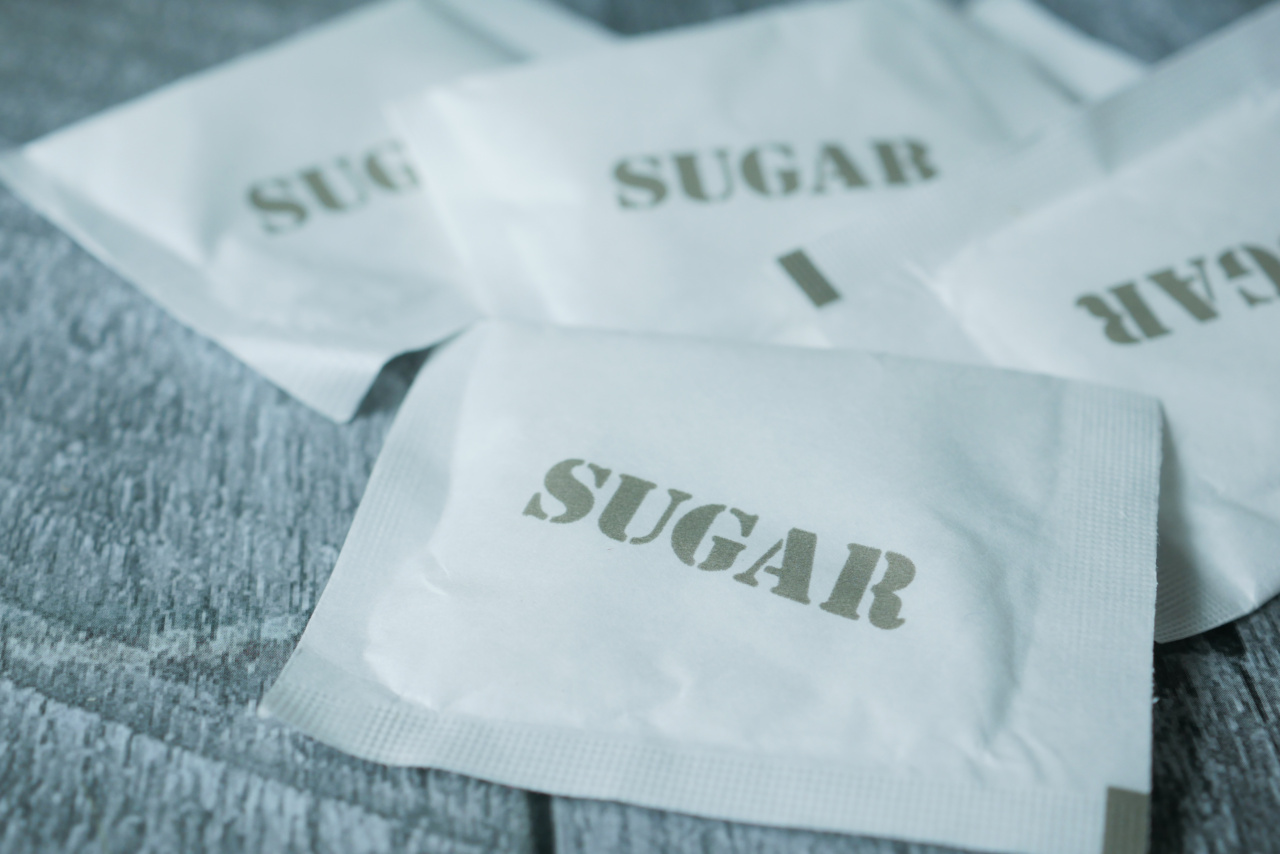Sweeteners are substances used to add sweetness to food and beverages. They come in various forms and are used as alternatives to sugar.
While some sweeteners provide fewer calories or have less impact on blood sugar levels, others are highly processed and may have potential health risks.
Types of Sweeteners
There are two main categories of sweeteners: natural sweeteners and artificial sweeteners.
Natural Sweeteners
Natural sweeteners are derived from plant sources and are considered a healthier alternative to refined sugars. They often contain additional nutrients and may have a lower glycemic index, which means they have a milder impact on blood sugar levels.
Here are some popular natural sweeteners:.
1. Stevia
Stevia is a calorie-free sweetener extracted from the leaves of the Stevia rebaudiana plant. It is incredibly sweet, with up to 200 times the sweetness of sugar.
Stevia does not raise blood sugar levels and has zero calories, making it a popular choice for people with diabetes or those looking to reduce their calorie intake.
2. Honey
Honey is a natural sweetener produced by bees from the nectar of flowers. It contains various antioxidants, vitamins, and minerals. While it is sweeter than table sugar, it has a slightly lower glycemic index.
However, it is still high in calories and should be consumed in moderation.
3. Maple Syrup
Maple syrup is a sweet, viscous liquid made from the sap of maple trees. It contains small amounts of minerals like calcium, potassium, and zinc.
Pure maple syrup has a lower glycemic index than table sugar, but it is still a concentrated source of calories and should be used sparingly.
4. Agave Nectar
Agave nectar is a natural sweetener derived from the sap of the agave plant. It is sweeter than sugar and has a low glycemic index.
However, it is highly processed and contains high amounts of fructose, which may have negative effects on metabolic health if consumed in excess.
Artificial Sweeteners
Artificial sweeteners, also known as non-nutritive sweeteners or sugar substitutes, are synthetic compounds that provide sweetness without the added calories of sugar. They are highly processed and often many times sweeter than sugar.
Here are some common artificial sweeteners:.
1. Aspartame
Aspartame is one of the most popular artificial sweeteners and is commonly used in diet sodas and sugar-free products. It is about 200 times sweeter than sugar and provides minimal calories.
However, it has been associated with controversies regarding potential health risks, including links to cancer and neurological disorders. The FDA has deemed aspartame safe for consumption within acceptable daily limits.
2. Sucralose
Sucralose is another widely used artificial sweetener. It is approximately 600 times sweeter than sugar and has no impact on blood sugar levels. Sucralose is commonly found in diet beverages, baked goods, and chewing gum.
Although it has undergone extensive safety testing and is generally recognized as safe, some studies suggest potential effects on gut microbiota and insulin response.
3. Saccharin
Saccharin is one of the oldest artificial sweeteners. It is about 300-500 times sweeter than sugar and has no impact on blood sugar levels. Saccharin is used in a variety of products, including diet sodas, tabletop sweeteners, and processed foods.
Concerns about its safety arose in the past, but extensive research has not found conclusive evidence of harm in humans.
Health Effects of Sweeteners
When it comes to sweeteners, it is important to consider their potential health effects. Here are some key points to keep in mind:.
1. Impact on Weight
Sweeteners can be beneficial in weight management as they provide sweetness without the associated calories of sugar. However, relying too heavily on sweeteners may also perpetuate cravings for sweet foods and lead to overconsumption.
It is important to strike a balance and include a variety of whole foods in a nutritious diet.
2. Blood Sugar Levels
For individuals with diabetes or those concerned about blood sugar levels, choosing sweeteners with a low glycemic index is crucial.
Natural sweeteners like stevia and honey have a gentler effect on blood sugar levels compared to refined sugars or high-fructose corn syrup. However, it is always advisable to consult a healthcare professional for personalized guidance.
3. Dental Health
Excessive consumption of sugary foods and drinks can contribute to tooth decay and cavities.
Both natural and artificial sweeteners can affect dental health, although some, like xylitol, have been shown to have potential benefits in preventing tooth decay. Practicing good oral hygiene and minimizing sugary intake are vital for maintaining strong dental health.
Incorporating Sweeteners in a Balanced Diet
The key to incorporating sweeteners into a balanced diet lies in moderation and variety. Here are some tips:.
1. Read Labels
When purchasing packaged foods, carefully read the ingredient list and nutrition information to identify the type and quantity of sweeteners used. This will help you make informed choices about the products you consume.
2. Control Portion Sizes
Even natural sweeteners should be consumed in moderation due to their calorie content. Use smaller amounts and savor the flavor without overindulging.
3. Explore Alternative Sweeteners
Experiment with different sweeteners to determine your preferences. Some people may enjoy the distinct flavors of honey or maple syrup, while others may prefer the non-caloric sweetness of stevia or artificial sweeteners.
4. Combine with Nutritious Ingredients
When incorporating sweeteners into recipes, pair them with nutrient-dense foods like whole grains, fruits, and vegetables. This will help create balanced meals and minimize the overall impact on blood sugar levels.
Conclusion
The world of sweeteners offers numerous alternatives to traditional sugar. Natural sweeteners like stevia, honey, and maple syrup provide added nutrients and a lower glycemic impact.
Artificial sweeteners such as aspartame, sucralose, and saccharin offer calorie-free sweetness but should be used in moderation. Understanding the different types of sweeteners and their effects on health empowers individuals to make informed choices and strike a balance that works best for their overall well-being.





























